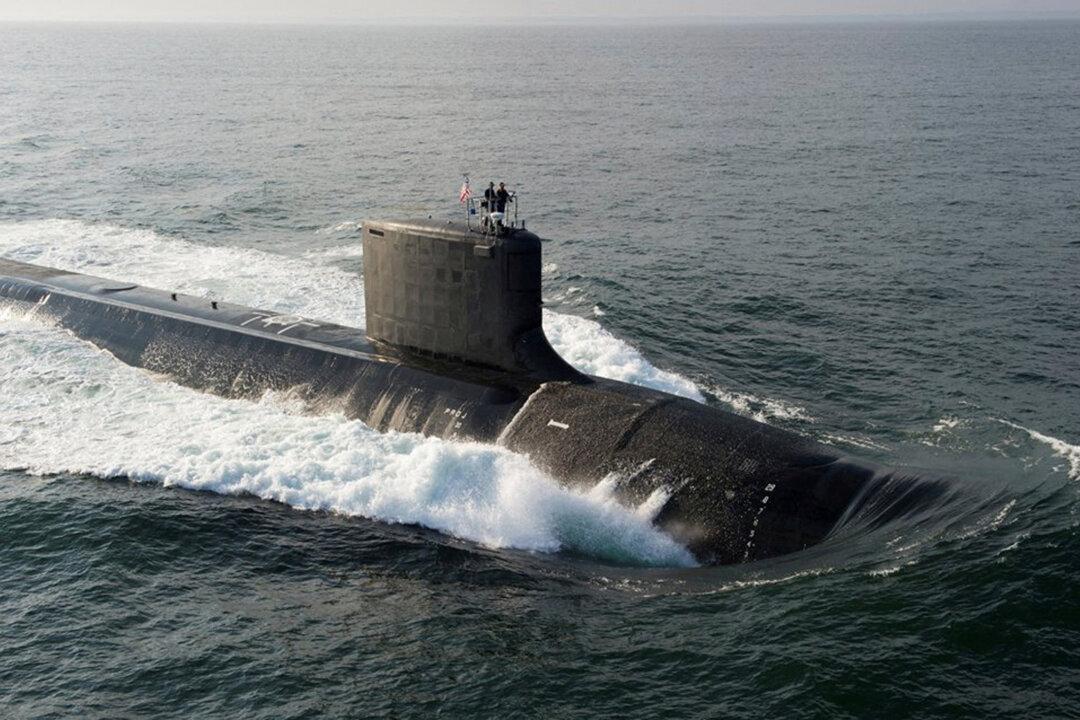Former Australian Prime Minister Scott Morrison has suggested the New Zealand government abandon its 40-year-old policy of banning nuclear-powered naval vessels from visiting its ports if it seeks to join the AUKUS pact.
“I appreciate that it’s a very sensitive issue in New Zealand and it’s got quite a history,” Mr. Morrison said on Stuff’s Tova podcast when asked about the implications of rescinding the ban.





